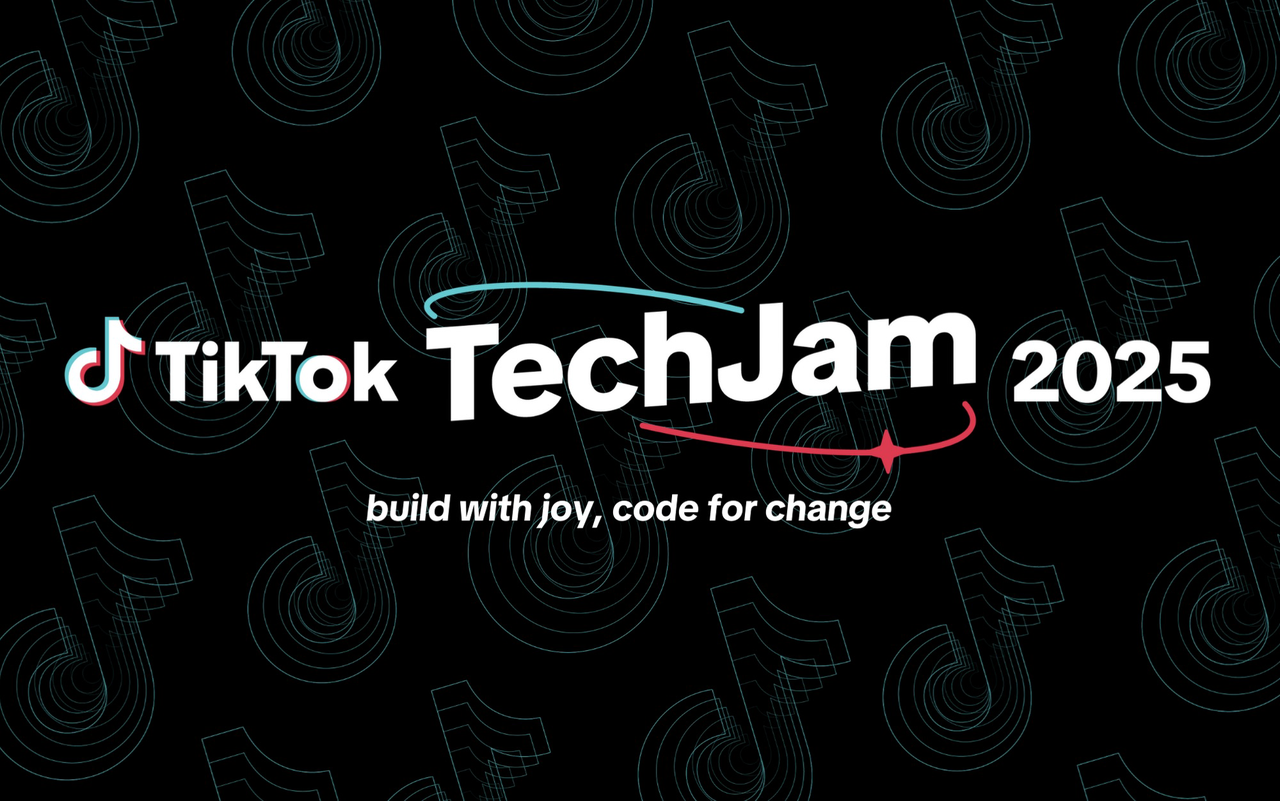On July 22, the community supporting the Linux Foundation's Privacy-Enhancing Technologies (PET) Initiative hosted the I ❤️ PETs half-day webinar. The event brought together leaders in security, privacy, identity, and AI innovation to explore how emerging privacy-enhancing technologies (PETs) are reshaping the future of data rights, safety, and trust.
More than a hundred developers, security professionals, privacy experts, and product leaders joined to learn, share, and discuss. Those insights are now available on demand.
About PETs: Why they matter more than ever
Privacy-enhancing technologies are a critical building block for today's digital ecosystem. Privacy concerns are reaching new heights as businesses embrace AI-powered services, including personalization engines, fraud detection, and generative AI applications.
Traditional approaches to data protection are being challenged by:
- Shadow AI: AI tools and models used without approval, often creating compliance blind spots.
- Expanding attack surfaces: As data is shared across ecosystems, the opportunities for exploitation increase.
- Regulatory complexity: From GDPR to CCPA to global privacy frameworks, compliance requirements continue to grow.
PETs offer a path forward with technologies like differential privacy, federated learning, secure multi-party computation, and encryption techniques. The goal is to enable advanced data-driven services without sacrificing user privacy or security.
This is where open source and open collaboration come into play. By merging AI, identity, privacy, and open innovation, organizations can build systems that protect user trust while delivering world-class digital experiences.
Securing the future: innovations driving privacy and confidentiality
Presentations at the I ❤️ PETs webinar explored the rapidly evolving landscape of privacy-enhancing technologies and their role in securing data use without sacrificing functionality. Topics ranged from open source PET frameworks and differential privacy to secure multi-party computation, confidential computing, and privacy-preserving machine learning. Attendees learned how these technologies can be combined to safeguard sensitive information across research, commerce, and cloud environments while enabling compliant, trustworthy data sharing at scale.
Discussions also highlighted the growing importance of zero-trust architectures and entity-centric security models for a hyper-connected world. Presentations showcased advancements in hardware-accelerated privacy workloads, global trust verification systems, service mesh security, and automated cryptographic key management. Together, these innovations point toward a future where privacy, authenticity, and confidentiality are built into the foundation of digital infrastructure, empowering organizations to collaborate securely across borders, industries, and emerging AI-driven ecosystems.
Speakers also emphasized practical pathways for implementing PETs today, including integrating synthetic data generation into analytics workflows, deploying confidential computing to protect data in use, and building decentralized trust frameworks for identity management. By combining proven cryptographic methods with new interoperability standards, these solutions promise to reduce compliance risks, prevent data breaches, and enhance transparency. The webinar underscored that PET adoption is not only a regulatory imperative but also increasingly a strategic differentiator for organizations seeking to innovate while earning user trust.
Watch now: presentations from industry leaders
If you missed the event or want to revisit your favorite sessions, we've made every presentation available on YouTube: Watch the I ❤️ PETs Playlist.
Conclusion: from theory to deployment in privacy-first systems
The I ❤️ PETs webinar made it clear that privacy-enhancing technologies are rapidly evolving into deployable, production-grade systems that shape how data is handled at every stage. From synthetic data frameworks that balance analytical utility with regulatory compliance, to zero-trust architectures that remove human intermediaries from the trust chain, the innovations presented are laying the foundation for verifiable, end-to-end secure digital ecosystems. The future of privacy will hinge on solutions that integrate directly into the infrastructure layer, making privacy, authenticity, and confidentiality the default rather than the exception.
 Want to stay in the loop?Subscribe to our mailing list to be the first to know about future blog posts!
Want to stay in the loop?Subscribe to our mailing list to be the first to know about future blog posts!
